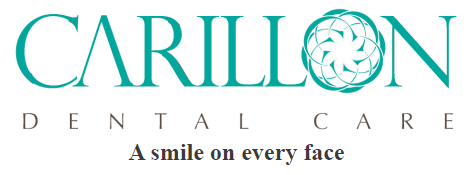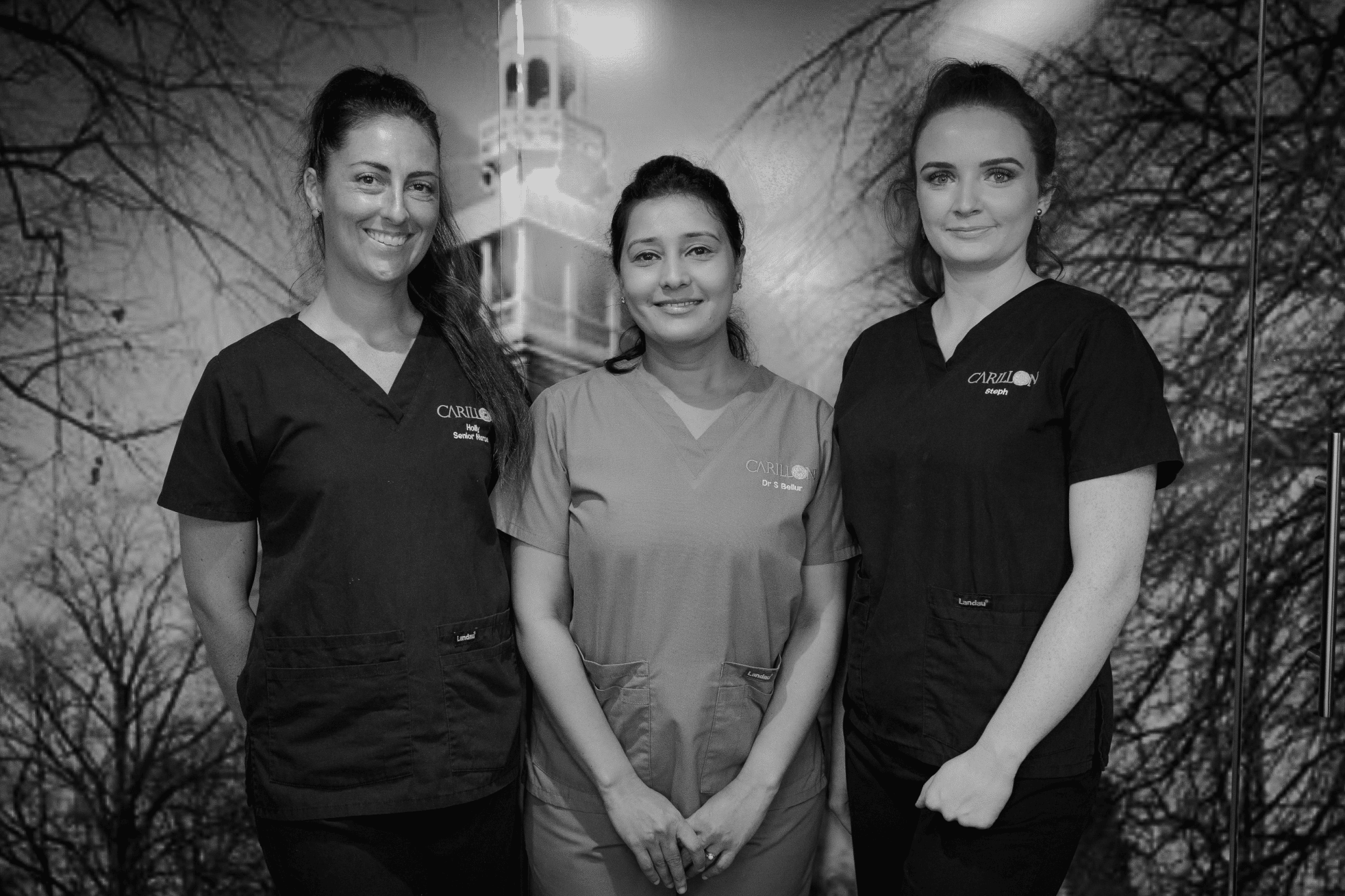Dental Phobia and Dental Sedation
Why are so many of us fearful of dentists?
Do we induce fear factors, and anxiety in the minds of people?
Is it the procedures which make people scared / anxious to come to the dentist?
Is it the layout of dental surgery?
Is it the noise of the drills?
Injection in the mouth?
—————————————-
How amazing it will be if patients can have the treatment done involving all the above as dentistry cannot be done without the tools but our mind has no memory of it!
This is the aspect which makes sedation an ideal choice of treatment option.
There are varying degrees of dental fear, that range from mild uneasiness – experienced by many thousands of people – through to acute anxiety and even, full-blown panic attacks. If a person won’t for whatever reason visit the dentist, despite being in need of treatment – and it isn’t money-related – then they may have dental phobia.
So what triggers dental anxiety?
Particular reservations tend to vary from person to person. For some, it’s the sound of the dental drill or the thought of needles in and around sensitive areas of the mouth. For others, it might be a fear of gagging when asked to open wide or alternatively, it could simply be the thought of not being in full control.
Often but not always, that fear or anxiety stems from childhood experiences where a traumatic visit may have left them with feelings of anxiety. For others that fear may have links to deeper-rooted issues. Either way, many of these problems can be managed or even overcome by adopting:
- Relaxation techniques
- Hypnotherapy
- Acupuncture
What is Dental Sedation?
Sedation has been used by mankind for centuries from childbirth to manage other aspects of pain relief – war time. As it involved mainly gases for a medical procedure, it was fairly safe once the gas is out of the lungs. It was in 1844, Dr. Horace Wells, a dentist used nitrous oxide to sedate a patient undergoing tooth extraction.
Sedation can be achieved at 3 different levels
- Minimal sedation – normal response to verbal stimuli.
- Moderate sedation – purposeful response to verbal/tactile stimulation. (This is usually referred to as “conscious sedation”)
- Deep sedation – purposeful response to repeated or painful stimulation.
At Carillon Dental Care we aim to achieve and stay at the moderate sedation level.
Sedation is indicated or aimed to achieve these objectives:
- Reduced dental anxiety and phobia
- Reasonably extended dental procedures
- Patients with gag reflex
- Medical conditions potentially aggravated by the stress of dental treatment
- Special care (mild intellectual or physical disability)
Contraindications:
- Uncooperative patient
- Patients unable to provide a suitable escort
- Children under the age of 5 (Carillon Dental care)
- Difficult oral surgery or prolonged surgical procedure
- Muscle diseases or diseases which cause muscle wastage
- ASA III or above – these are patients who have more complex underlying medical problems.
- Allergy or hypersensitivity to benzodiazepines (midazolam drug commonly used for IV sedation )
- Pregnancy and breast feeding
- History of psychiatric disorders
- Kidney or liver dysfunction
- Acute pulmonary insufficiency
- Pre-existing respiratory conditions as patients are susceptible to respiratory depression
- Alcohol or drug addiction
- Lack of visible superficial veins
- Psychiatric disorders
- CNS depressant medications which can alter reaction to sedation
Carillon dental care always prides in working for and with patients. Sedation offers this option to patients where they can have the required treatment and leave the practice with minimal memory of the treatment undertaken. This allows patients to build their confidence for future dental appointments.
I aspire to counsel my patients and understand the psychological aspects related to dental apprehension. In the long term, I would aim for my patients to manage their phobias and enable them to have certain simple treatments without sedation. Our treatment coordinator will help you to understand other relaxation therapies available at our practice and this can be used in combination with sedation.
If you would like to learn about what Carillon do specifically for Dental Sedation click here.
Written by Dr Shruthi Bellur.

